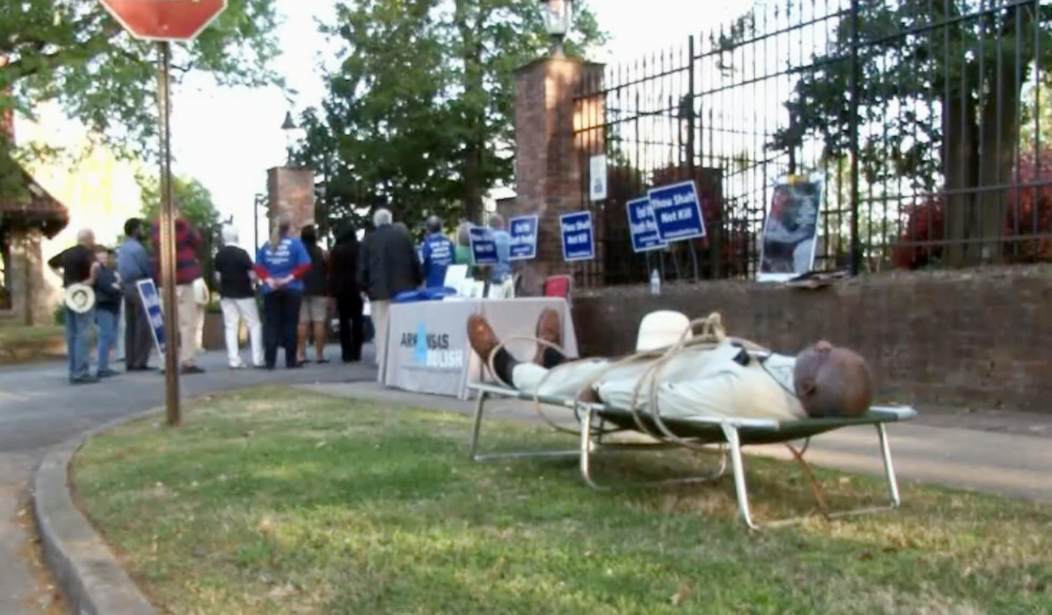WASHINGTON – A representative from the NAACP joined other activists to advocate for the abolition of the death penalty, referring to capital punishment as “state-sponsored violence.”
“This is a modern-day human rights issue that felt really solvable as a law student, like, we can just get rid of this, right? We don’t need this. Let’s move forward and get rid of this and move on to some other human rights issues – that’s kind of how I found myself representing people who are on death row,” Ngozi Ndulue, senior director of criminal justice programs at the NAACP, said during a vigil to abolish the death penalty recently organized by Death Penalty Action at the Supreme Court.
“There’s something about being a part of that process, of being a part of that experience of staying up all night the night before an execution and thinking about, is there anything else? Is there any other last-ditch effort that we can do? Having clients who had stays, you know, hours before their execution and the stay that would have stopped their execution gets taken away by the next court above, and really getting to know clients’ families who are on this rollercoaster – really just hoping and praying that there’s some kind of last-minute miracle that could save their family member,” she added.
In cases where there is a victim whose family has already been “tortured and terrorized,” Ndulue questioned why the justice system heaps “pain upon pain” with a process to enforce the death penalty.
“Why is it that it is so easy for us as a society to basically find a reason to throw this person away, to kill them? And it is like pulling teeth to try to say, ‘can we do something about this before we are at the end here?’” she said.
Jerry Givens, a retired corrections officer who presided over 62 executions in Virginia, said he had a “change of heart” about the issue and now advocates for the elimination of the death penalty. Givens compared capital punishment to suicide prevention.
“Well, what is the death penalty? It’s a form of suicide, people, it’s a form of suicide,” he said. “If you know that the state of Virginia will execute you if you take the life of a person then you’re going to be killed – that’s a form of suicide. I don’t care how you look at it, so we need to save these people to keep these things from happening.”
Anti-death penalty activist David Kaczynski, brother of “the Unabomber” Theodore Kaczynski, explained the events that led to his decision to tip off the FBI that his brother might have been a domestic terrorist, knowing there was a “fair chance” he would be executed.
“I had always been opposed to the death penalty, and then in 1995 the Unabomber’s manifesto was published in the Washington Post,” Kaczynski said, adding that his wife thought the manifesto resembled his brother’s writing style.
“Within a month, I was about where [my wife] Linda was, thinking that there was a fair chance my brother was actually the person they were looking for, the person who was responsible for those murders. So here I am in the jaws of this dilemma where, because of the death penalty, we found ourselves in a position where any choice we made could lead to somebody dying,” he added.
Kaczynski continued, “It looked better than a 50/50 chance that my brother was responsible, and we did what we had to do. We called the FBI and alerted them to our suspicions and they began to investigate.”
His brother ultimately avoided the death penalty and was sentenced to life in prison.









Join the conversation as a VIP Member